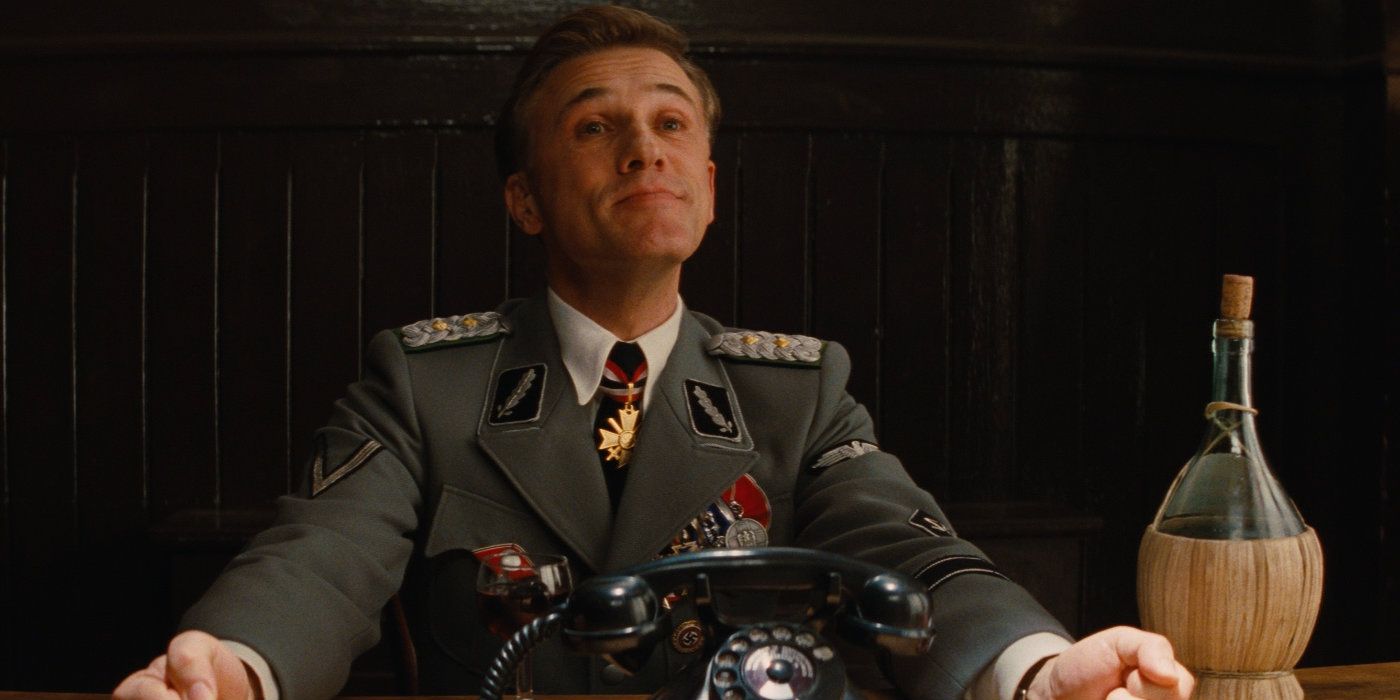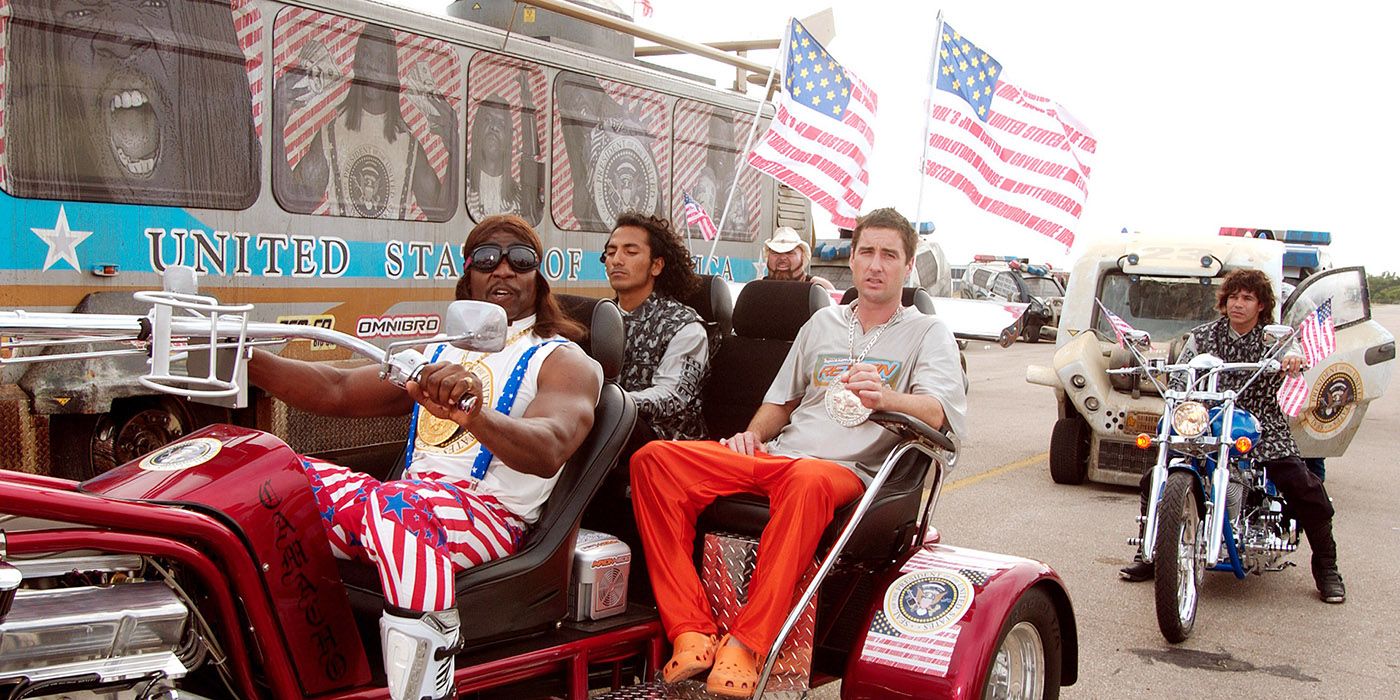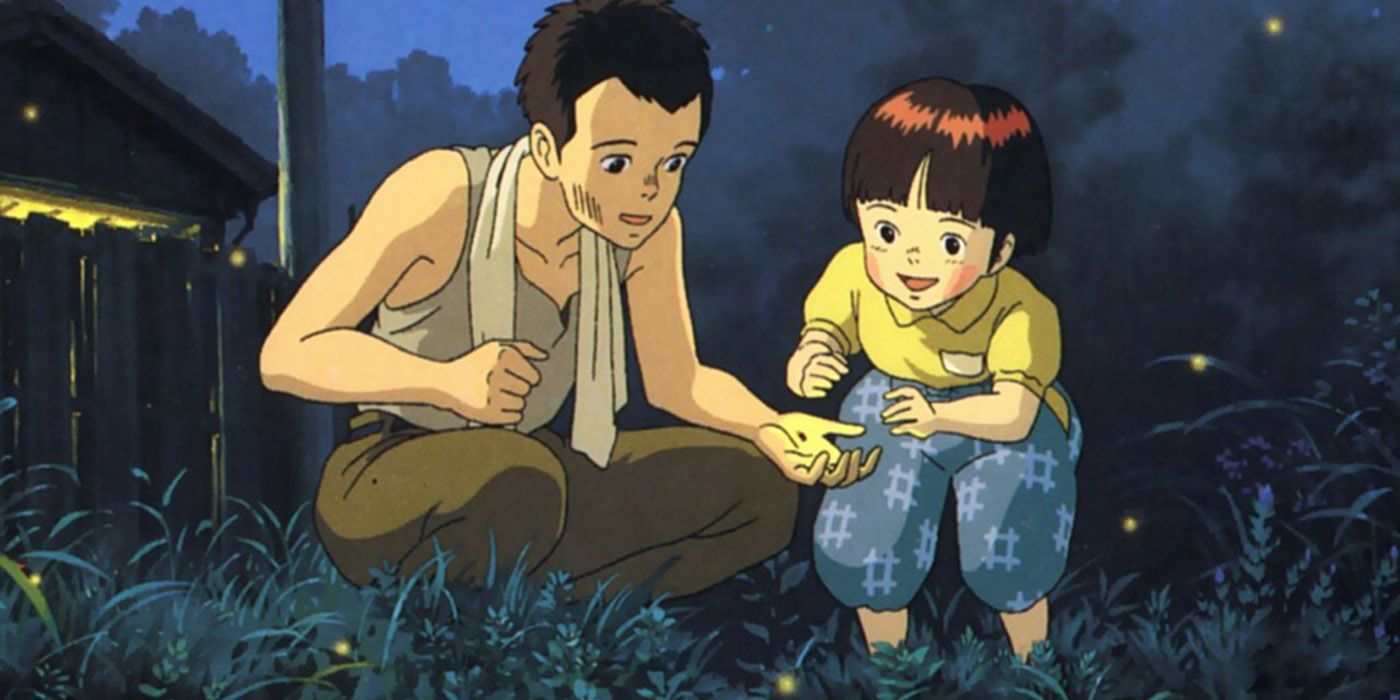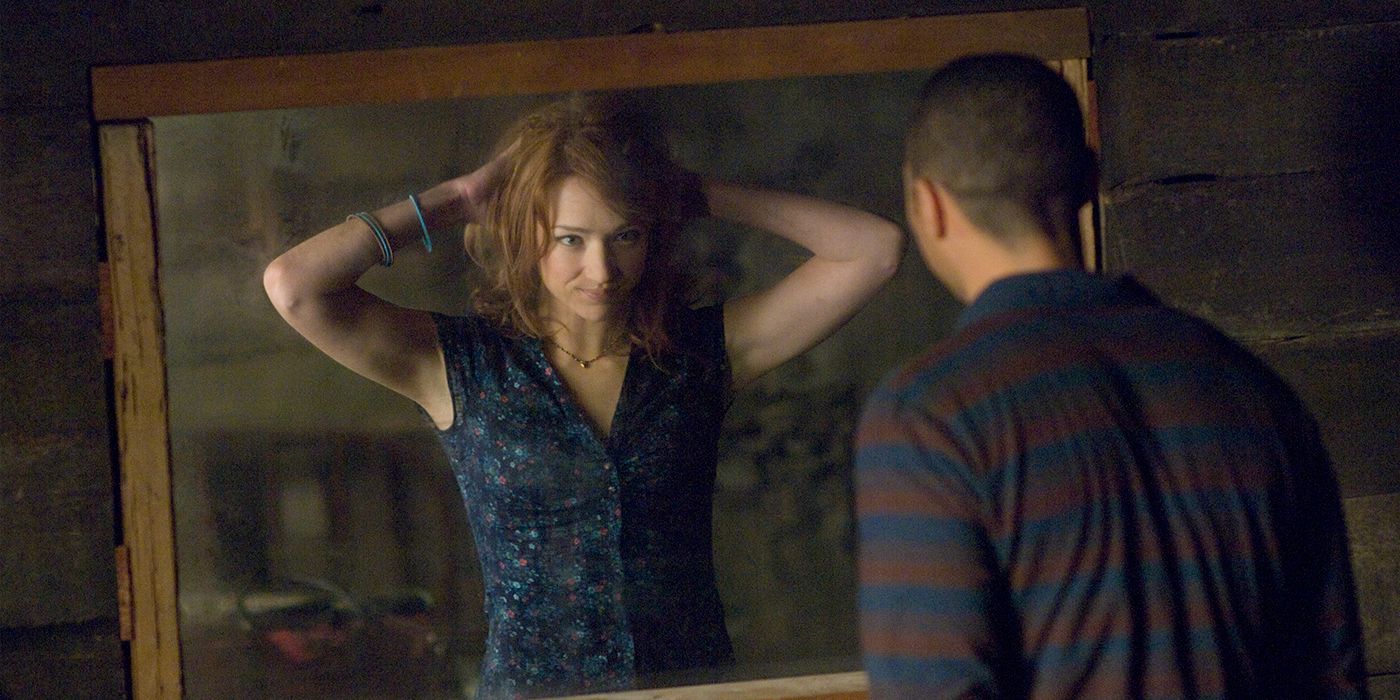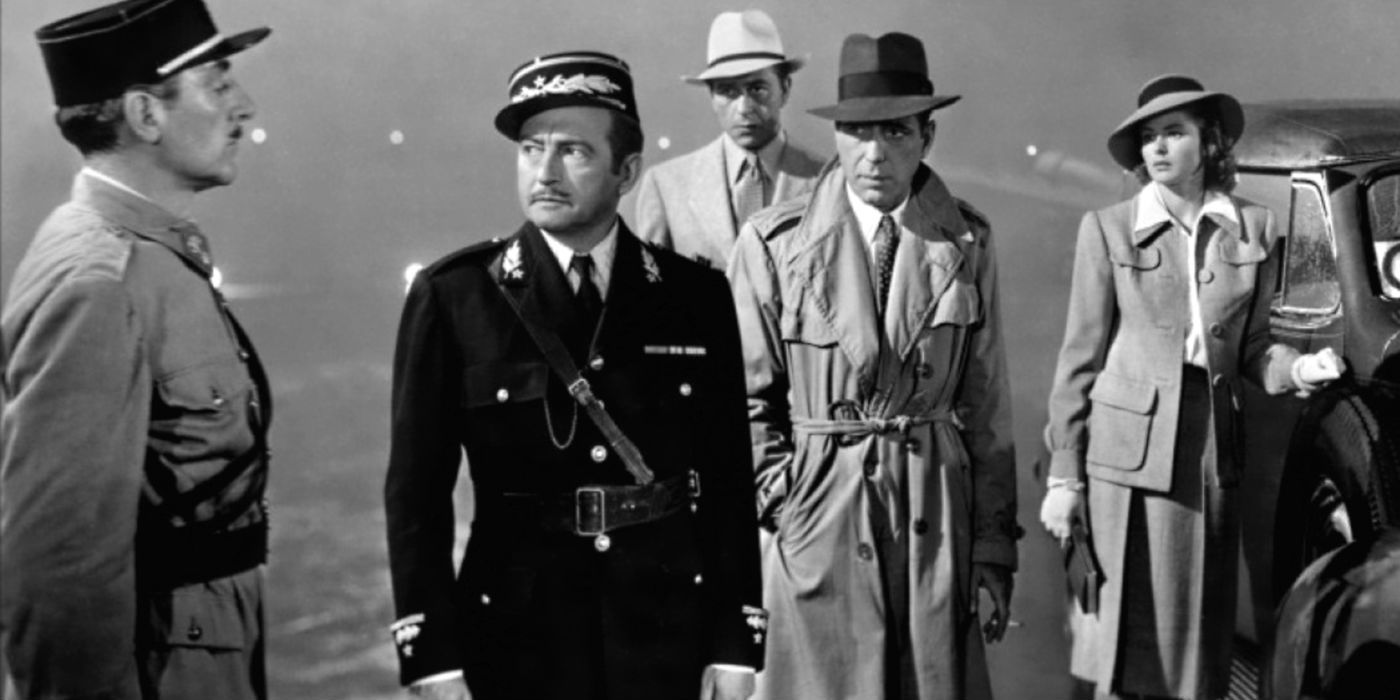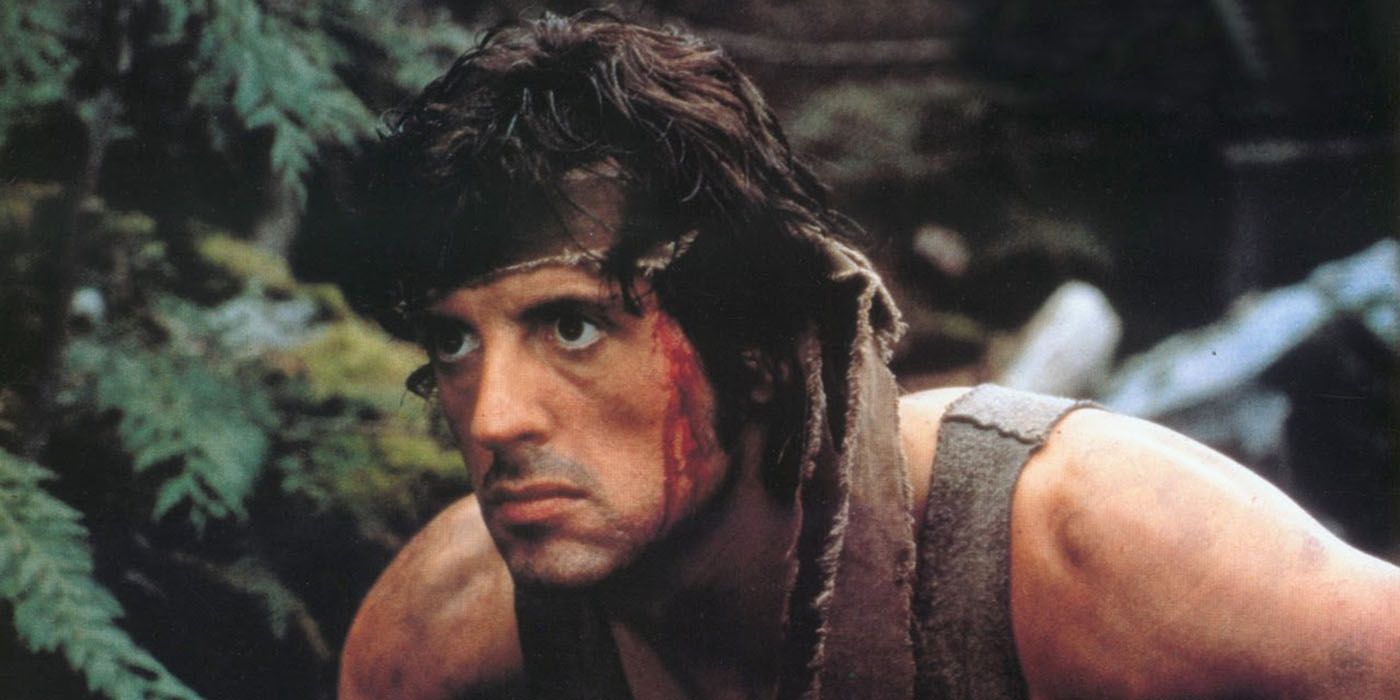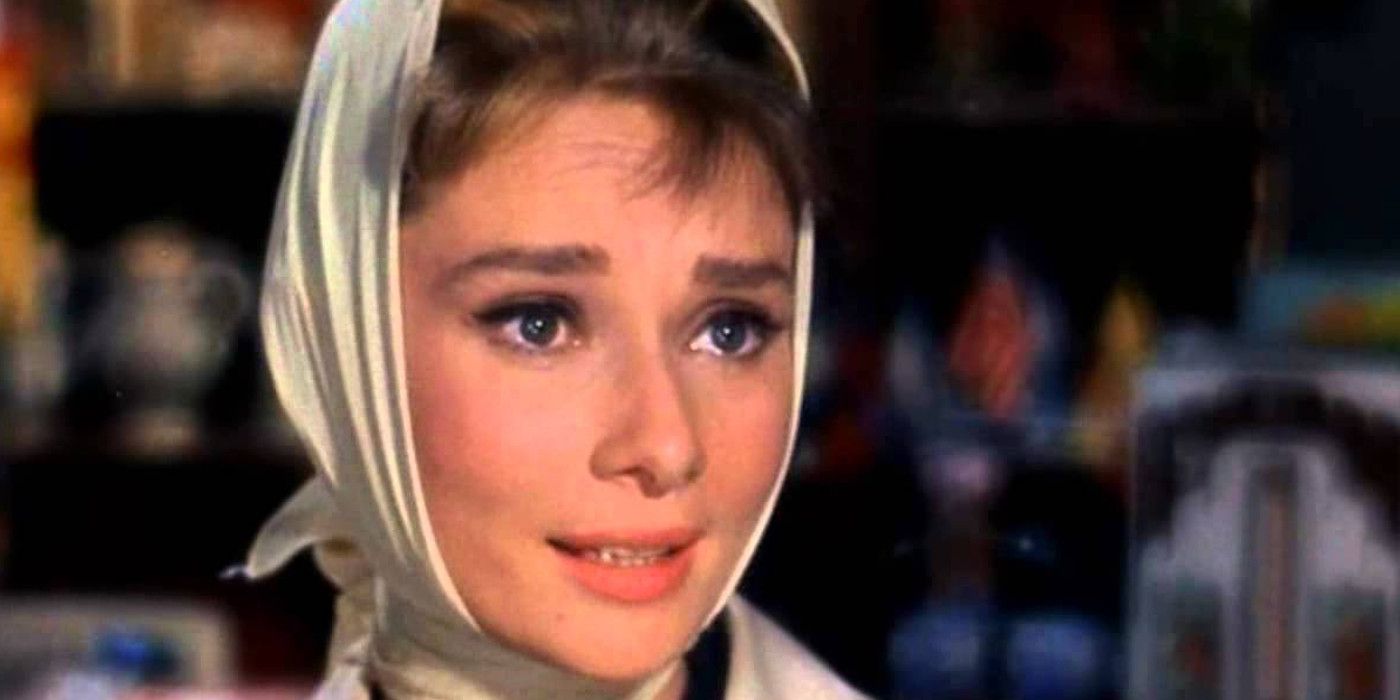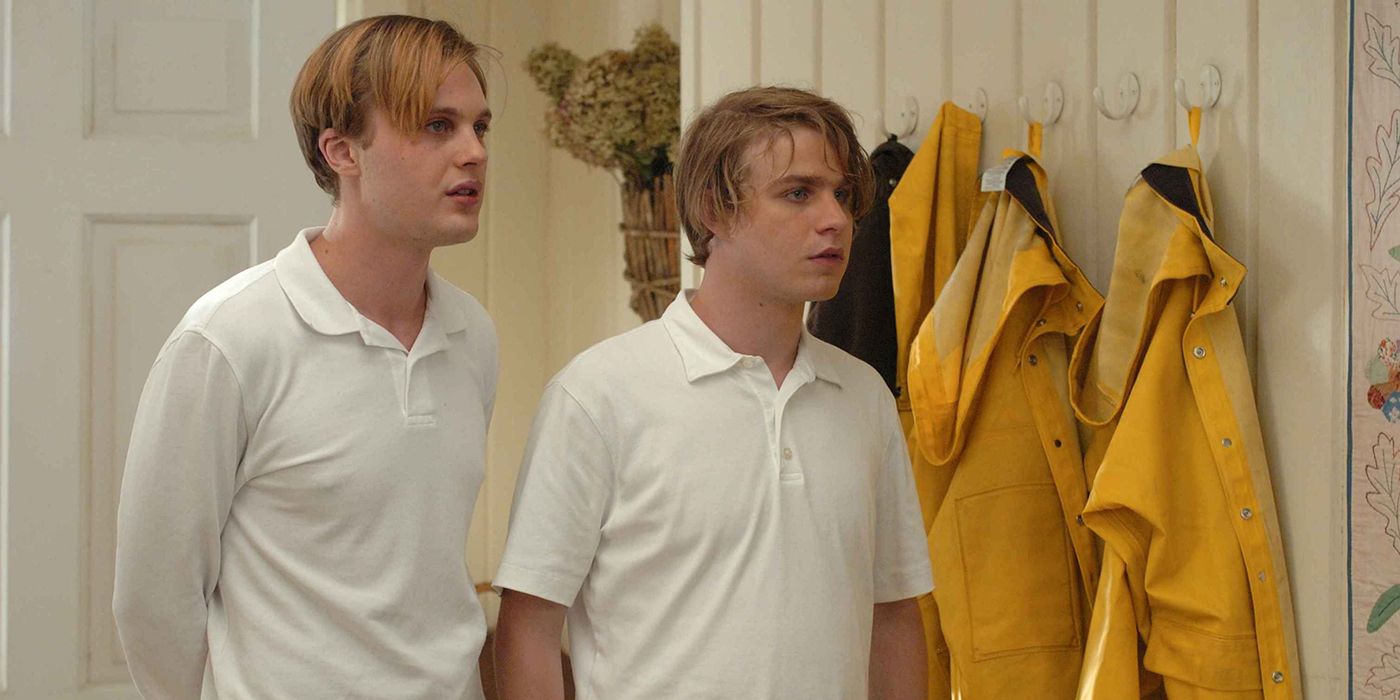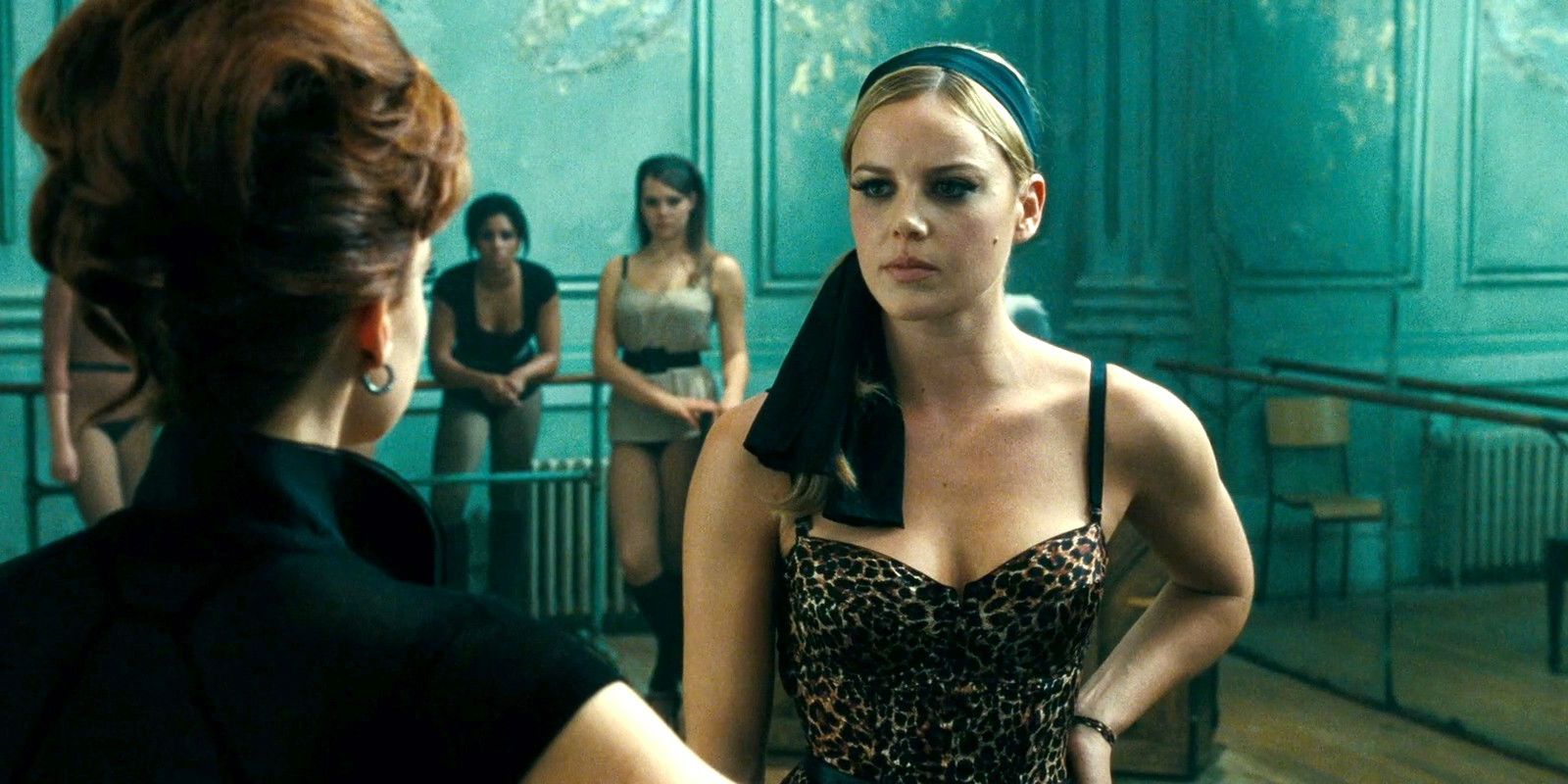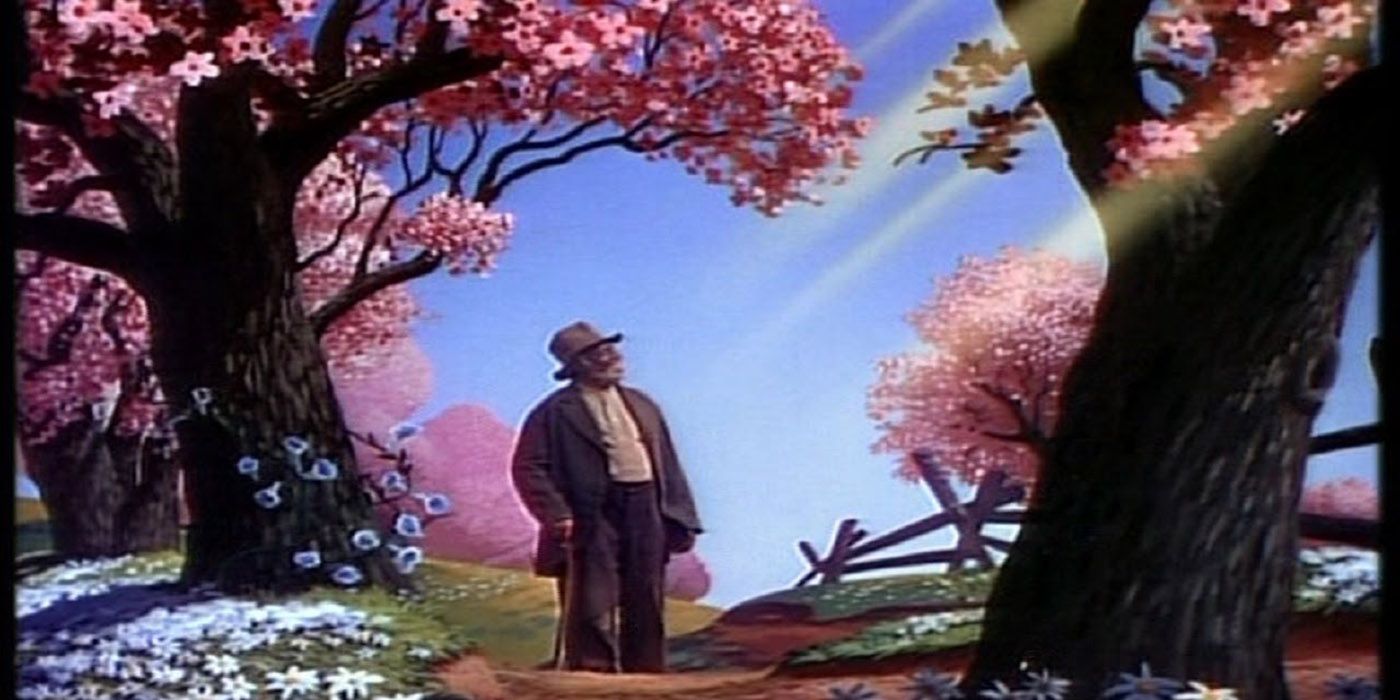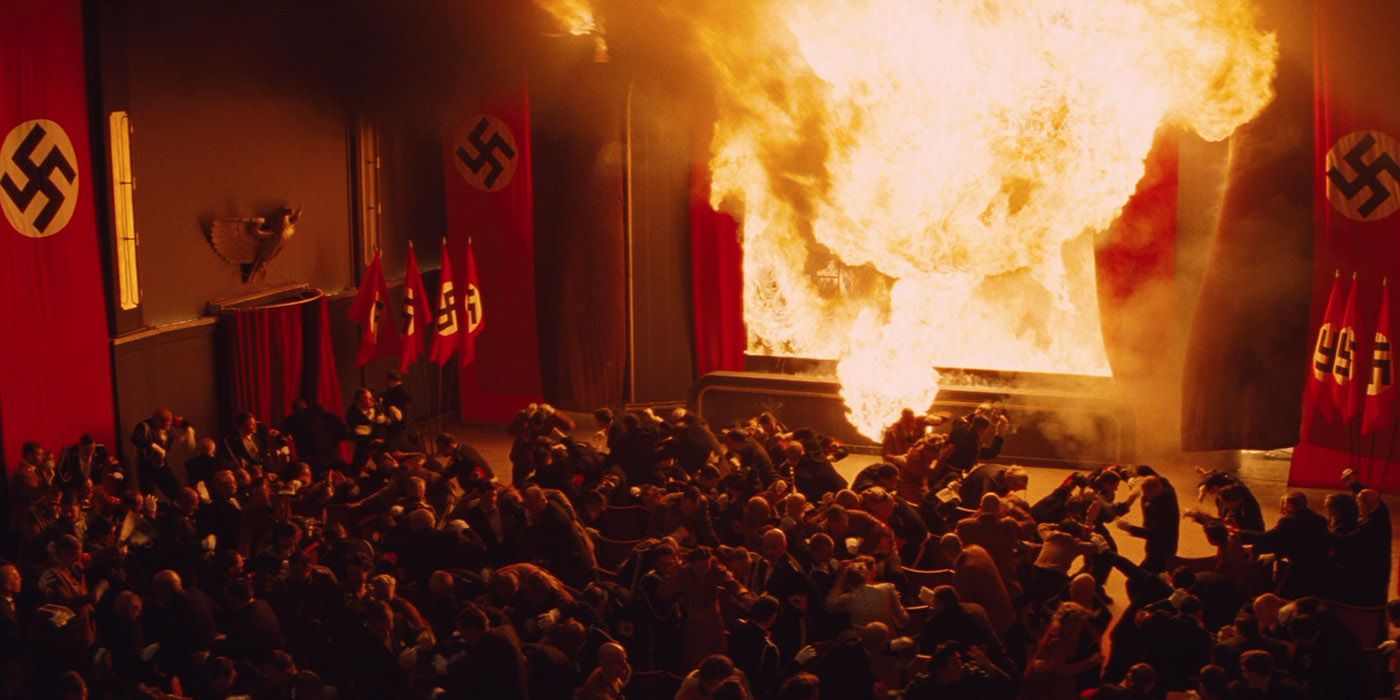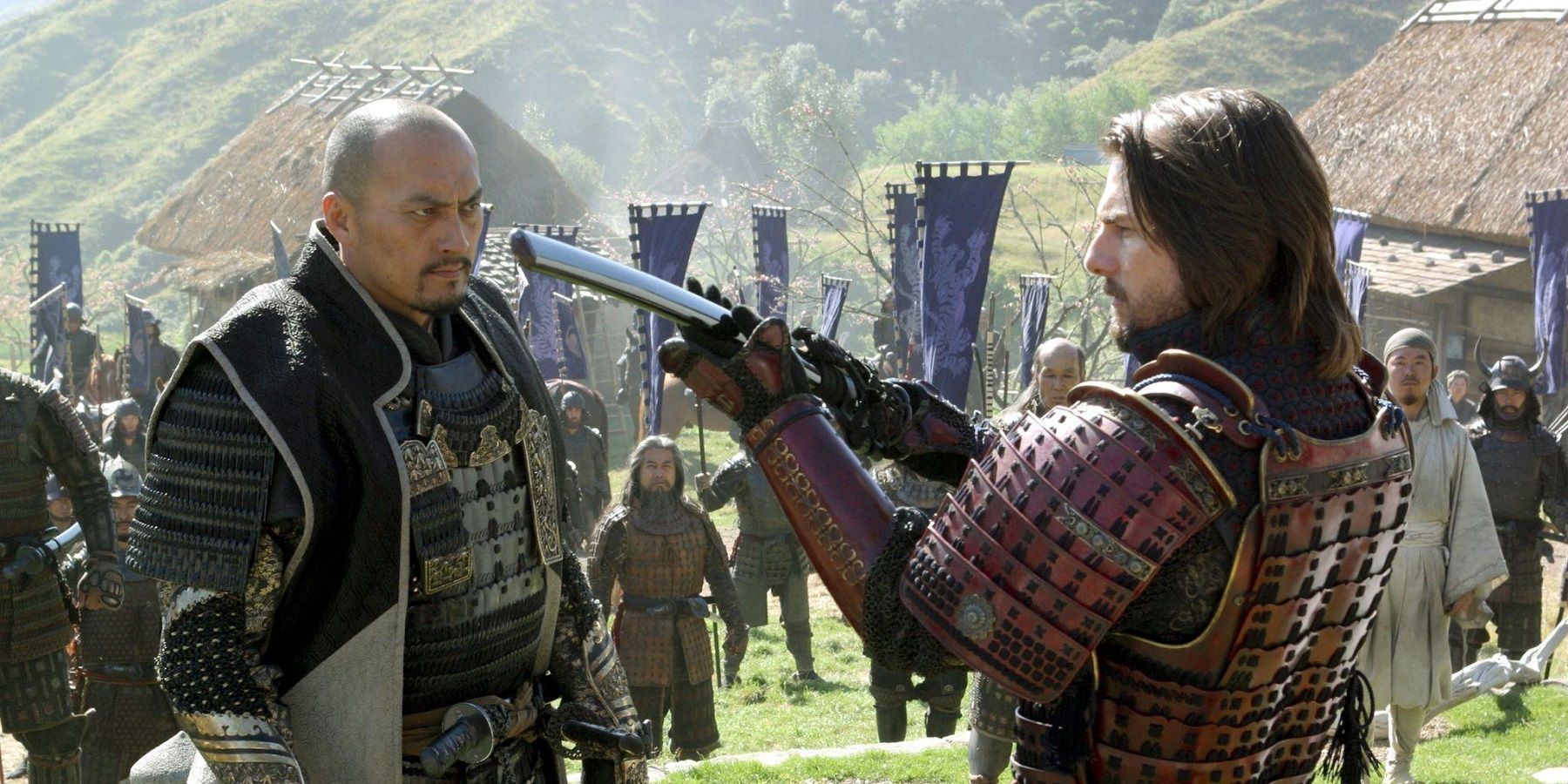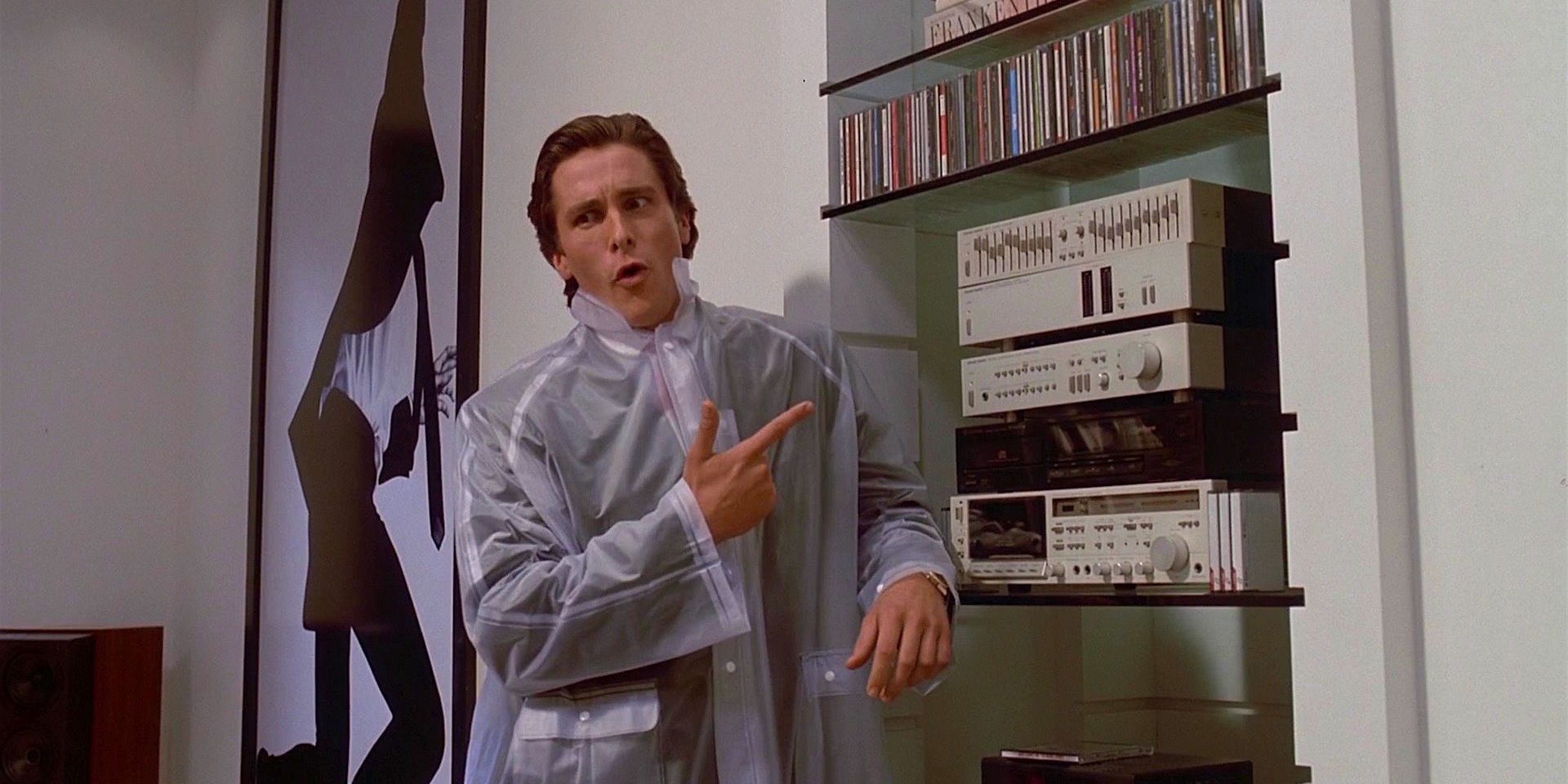Among film fans, there is a culture of shame that surrounds misunderstanding a movie. Nobody wants to be the person who walks away from a movie theater either not quite grasping what just happened or thinking that they understood what happened when they really didn’t. While it’s certainly understandable that nobody wants to feel like they didn’t properly grasp some idea or message a film was trying to convey, the truth is that there is no shame in it at all. At some point, every filmgoer misses the point.
In fact, it’s probably more common than you think. There are times when the general consensus regarding popular films is both far from the truth and so popular that it almost becomes the new truth. From the message, to the plot, to the genre it belongs in, there is no aspect of a movie that isn’t open to misinterpretation. The shame of it doesn’t come from the misunderstanding itself, but rather a disinterest in learning the truth. In the interest of promoting said truth, let’s take a look at a few common misconceptions that plague several popular films.
These are the 15 Movies Everyone Thinks They Understand, But Really Don't.
15. Idiocracy is About the Indifference of Average People
For the most part, Idiocracy's message is perfectly understood. Mike Judge’s dark look at a future in which the average intelligence of American citizens has dropped significantly is often cited as one of the most important comedies released in the last 20 years. Whenever something happens that someone else perceives as a sign that the “dumb people” are taking over America, there is always someone there ready to declare their actions as the foundation of an idiocracy.
While that is part of the overall message, there’s a subtlety to the story that tends to be overlooked. Idiocracy is more about the indifference of the common man than it is the actions of the exceptionally stupid. At one point in the film, protagonist Joe Bauers suggests that the world turned out this way because of people like him. Joe is neither particularly dumb nor exceptionally smart. He’s an average guy who suddenly must deal with the burden of stepping up rather than stepping aside. Had more people like him made a similar contribution, perhaps the world would have turned out differently.
14. Grave of the Fireflies Is Not An Anti-War Film
Since its release in 1988, Grave of the Fireflies has served as something of a test for those who say that movies don’t make them cry. This story of a little girl and her big brother trying to survive in war-torn Japan has a way of hitting all the right buttons and turning the sturdiest of filmgoers into blubbering messes. Because of the emotional events of the film, and its WWII setting, many people walk away from Grave of the Fireflies hailing it as one of the greatest anti-war movies ever made.
That’s an understandable interpretation, but it’s not quite the intended one. Director Isao Takahata has stated that Grave of the Fireflies “is not at all an anti-war anime and contains absolutely no such message.” Instead, it’s more of an elaborate commentary on the possible dangers of young independence. The main characters in Grave of the Fireflies are meant to represent young people who shun the teachings of their ancestors and remove themselves from society. That said, Takahata certainly isn’t a pro-war advocate.
13. The Cabin in the Woods Is An Elaborate Insult of its Audience
In the days that followed the release of The Cabin in the Woods, those who saw the movie early began to preach the gospel of Drew Goddard and Joss Whedon’s long-awaited entrant to the horror genre. Their preaching usually consisted of the simple refrain, “Just see it before someone spoils it for you.” That’s because The Cabin in the Woods was promoted in a way that ensured the majority of viewers would go into it without knowing the true story of the film.
Interestingly, many people who did see the movie walked out of it not knowing its true meaning. Cabin in the Woods is a thickly-veiled jab at its audience. The “Ancient Ones” of the film – a malevolent race that demands horror movie-style sacrifices – are actually the audience. Goddard and Whedon were essentially trying to say that for as much as horror movie fans complain about the same clichés, they come back to the theaters every year to reward the movies that feature the most of them. As such, they loaded this movie with genre tropes.
12. Casablanca Isn’t A Love Story, It’s a War Film
Whereas Grave of the Fireflies is often seen as a war film when it’s really not, Casablanca is typically not viewed as a war film when it most certainly is. Along with being remembered as one of the greatest films ever made, Casablanca is typically cited as one of the finest love stories ever told. Ironically, that reputation is based, in part, on the fact that its ending is a very “anti-Hollywood” take on the typical Hollywood love story.
However, the love story in Casablanca is more of a side-effect of its true intent. Released not long after America’s entry into World War II, Casablanca was designed to show the nobility of service and sacrifice. Even the love story in the film heavily relies on the effects of war and the passion that results from such people being thrown into a situation as traumatic as global warfare. Rick himself recognizes the fleeting nature of the couple’s love story and verbalizes his fear through the classic line, “If that plane leaves the ground and you’re not with him, you’ll regret it. Maybe not today. Maybe not tomorrow, but soon and for the rest of your life.”
11. First Blood Condemns the Masculine Culture That Celebrates It
Much like it is with comedies, the underlying intelligence of action films tends to be overlooked. Every now and then, though, we are blessed with an action movie that is able to convey a meaningful message above the sound of munitions. 1982’s First Blood is such a movie. Unlike the Rambo films that would follow, the violence in First Blood is complimented by clever commentary on the effect of the Vietnam War and how difficult it was for those who fought in it to rejoin society.
The one aspect of the film that tends to be misunderstood, however, is the main character. John Rambo is not an action hero; he’s a mentally damaged man whose inability to confront his emotional and psychological issues forced him down a path of violence. The glorification of his hyper-masculine identity might not have been so great had the film used the books’ ending in which Rambo dies. The movie’s ending has led some to interpret Rambo’s actions as inherently noble, and perhaps even completely justified.
10. Breakfast At Tiffany's Is a Glorified Tragedy
It’s no coincidence that a few of the movies featured on this list are adapted from books. Due to the inherent differences between films and books, there are many times when the subtleties of a novel won’t quite translate to the screen. Then you have the times when the screenwriters completely miss the point. Breakfast at Tiffany’s is an example of the latter.
Perhaps due to the sensitivities of the era it was released in, the film version of Breakfast at Tiffany’s really downplayed the fact that Holly Golightly was – as author Truman Capote put it – something of an "American Geisha." While not exactly a call girl, Golightly did often depend on using her charms to receive gifts or money from wealthy men. The film portrays her more as a simple girl looking for love and a life of her own. Glamor in the film is used more as a backdrop rather than a pursuit. The movie does retain some of the wandering youth themes of the novel, but its presentation of those themes is just confusing enough to cause some viewers to walk away with the wrong impression.
9. Funny Games Intentionally Lacks Enjoyment
Both the 1997 and 2007 versions of Funny Games suffer from a similar issue in audience interpretation. For those who haven’t seen either version, Funny Games is the story of two young men who take a family hostage and force them to participate in games that double as elaborate torture. As with all movies, opinions will vary on the final product, but one common complaint people have with the film is that it gives you no character or moment of hope to latch onto.
As it turns out, this feeling was intentionally implemented into the experience. Director Michael Haneke wanted to make a thriller film that subverted the clichés of the genre. Haneke’s most popular method of enforcing this idea – breaking the fourth wall – is what often leaves audiences feeling cold. Having one of the main villains address the viewer directly and manipulate time within the film is an almost comical way to present a very serious idea. This drastic shift in tones means that some viewers don’t understand that they aren’t supposed to derive any enjoyment from the movie.
8. Sucker Punch Is An Elaborate Escapist Dream
By and large, Sucker Punch was either ridiculed or ignored when it was released in 2011. While many agreed that the film was visually exciting, a good number of critics and fans felt that the movie was little more than a CG-filled spectacle meant to appeal to impressionable young males. The truth is a little more complicated than that. In fact, it’s so complicated that there isn’t really a clear answer to the true meaning of the movie.
What we know for sure is that Sucker Punch isn’t just a simple male power fantasy. In fact, it’s a female power fantasy. The events of Sucker Punch largely take place in the mind of Sweet Pea. The over-the-top nature of the events in question are most likely related to the strong desire that Sweet Pea has to get as far away as possible from her place in a mental institution. As for the extreme sexualization, that's a comment on how audience demands typically force such action heroines to dress provocatively. Some go so far as to say that the events of Sucker Punch are all the result of a lobotomy Sweet Pea receives, but the film is most certainly more than a cheap visual showcase.
7. Into the Wild Is An Argument For Not Leaving Everything Behind
Unlike some films adapted from books that fail to convey the message outlined in the original text, the film version of Into the Wild has the unique problem of being just as misunderstood as the book it is based on. Based on the adventures of Christopher McCandless, Into the Wild is the story of young man who abandons every modern nicety in his world in favor of living a simple life on the road and in the wild. Like On the Road, the story has become the rallying point for a generation of young people that feel the need to abandon the modern world and pursue a simpler existence.
Ironically, McCandless would likely not be among them if he were alive. For some reason, many viewers fail to realize that McCandless comes to regret his drastic decision and commits to it largely out of fear of returning to his world. He realizes that the enlightenment he left to seek may just be that life is better when you are able to share it with others.
6. Song of the South Is A Story About Classism
Song of the South is one of those movies that modern film fans tend to know about even if they’ve never seen it. That’s because the film is notorious for its overtly racist character portrayals and dialog. The common argument in favor of the film’s content was that it was made in a different time when such things were a little more casually tolerated. The argument against it is that it’s simply hard to watch such blatant racism casually play out in a Disney movie.
The real shame about that aspect of the movie is that it prevents many people from realizing that Song of the South is actually a condemnation of classism. In a less-than-admirable way, characters like Uncle Remus are used to show the simple joys of the working class and how the uptight members of society’s elite would do well to learn from their desire to take care of one another. If you can get past some considerable hurdles, Song of the South contains a few inspiring messages.
5. Lolita Only Spotlights Sexualization So It Can More Accurately Condemn It
Lolita occupies a strange space on the Stanley Kubrick hierarchy. It’s certainly not as beloved as movies like The Shining, A Clockwork Orange, or 2001: A Space Odyssey, nor is it seen as an underrated gem like Barry Lyndon often is. Part of the reason behind the film’s maligned reputation is the popular implication that it actually sexualizes underage girls and glorifies the pursuit of them.What’s so strange about that reputation is that it’s the exact opposite of the story’s intended effect.
Author Vladimir Nabokov did a brilliant job when crafting the character of Prof. Humber Humbert, a literary professor who is sexually attracted to underage girls. He did such a good job, in fact, that some critics later formed arguments that supported the characters actions. Kubrick ran into a similar dilemma when he attempted to faithfully adapt that character to film. He tried to portray the events of the story from the viewpoint of Humbert, which led some people to interpret his movie as an approval of the character’s actions. In reality, the story is more of an accurate portrayal of an awful occurrence.
4. Midnight In Paris Argues That There Is No Golden Age
Woody Allen’s Midnight in Paris stands as one of the most remarkable films in the director’s storied career, and a genuine surprise for those who felt Allen’s best days were behind him. It’s an imaginative movie all about a screenwriter with a fondness for the past who is transported to the “golden age” of Paris every time the clock strikes midnight. These trips are complimented by the movie's stunning cinematography, which expertly paints this era of Paris as an incomparably beautiful time.
It also confuses some people when it comes time to decipher the film’s meaning. Much like The Great Gatsby, the beauty and splendor of Midnight In Paris led some to develop a longing for the world it portrays. However, the clear message of the movie is that there is no such thing as a golden age. While romanticism may bolster the image of an era in our minds, the argument at the heart of the movie is that no time period is a piece of gift-wrapped perfection, and that the present offers us the best chance to make things better for ourselves.
3. Inglorious Basterds Uses Crowd-Pleasing Cinematic Violence To Speak Out Against Crowd-Pleasing Cinematic Violence
There was a time when Quentin Tarantino was seen as something of a violence monger. His pundits portrayed him as a director that used extremely violent acts in his work as a gimmick designed to generate buzz. It’s an argument largely without merit, but to this day, some critics still feel the need to portray the director’s use of such excessive displays as a negative. The situation was no different when Inglorious Basterds was released. While most agreed it was Tarantino’s most ambitious project yet, once again, there were some who felt the film’s violence had reached a point of absurdity.
The funny thing about that criticism in the case of this particular film is that the Tarantino uses much of the movie’s runtime to support the argument that sensationalized violence used with the intent of promoting an agenda can be a bad thing. This message is clearest during the climatic theater scene, in which Nazi soldiers cheer the cinematic murder of American troops before we the audience cheer the cinematic murder of German troops.
2. The Last Samurai Is Not About Tom Cruise's Character Being the last Samurai
The Last Samurai was pretty well-received upon its release, but recent years have seen some of the film’s former fans rally against it. While some of that has to do with the maligned reputation of star Tom Cruise, there’s also a growing contingent of people who feel that the secret message of the movie was that Tom Cruise’s character was a white savior that helped the samurai during their dying days. Additionally, they interpret the title of the film as a declaration that Cruise’s character – Nathan Algren – was the true last samurai.
It feels like that interpretation is largely based on the nature of the film’s ending. The scene in which Algren appears before the emperor in full samurai garb after the rest of the known samurai have been killed surely does seem to present him as the last of their kind. However, that can’t be true for the simple fact that Algren was never a samurai in the first place. The title of the movie refers to the band of warriors that saved Algren and subsequently helped him to find purpose. His appearance at the end of the film is merely a tribute to their teachings.
1. The Murders In American Psycho Were Definitely Not Imagined
Along with its extreme violence and memorable soundtrack, American Psycho is best known for its legendarily ambiguous ending. The question of whether or not Wall Street hotshot Patrick Bateman is indeed a serial killer haunts viewers almost as much as the events of the film. Was Bateman really that evil, or was he simply a delusional sociopath who imagined himself as a serial killer in order to escape his stuffy reality? We may never know for sure.
Oh wait, we do know for sure. Director Mary Harron has stated during the film’s commentary and in subsequent interviews that it was never her intent to cast doubt on whether or not the events of the film were real or not. Instead, the implication that Bateman might be innocent often derives from a misinterpretation of the film’s message of conformity. The reason that some people think Bateman’s victim is alive is because everyone in that world looks, acts, and talks the same. They simply saw someone else and confused them for the victim. As for the ATM asking Bateman to feed it a cat…well, he is a crazy person.
--
What other movies have been misinterpreted the most by audiences? Let us know in the comments.

